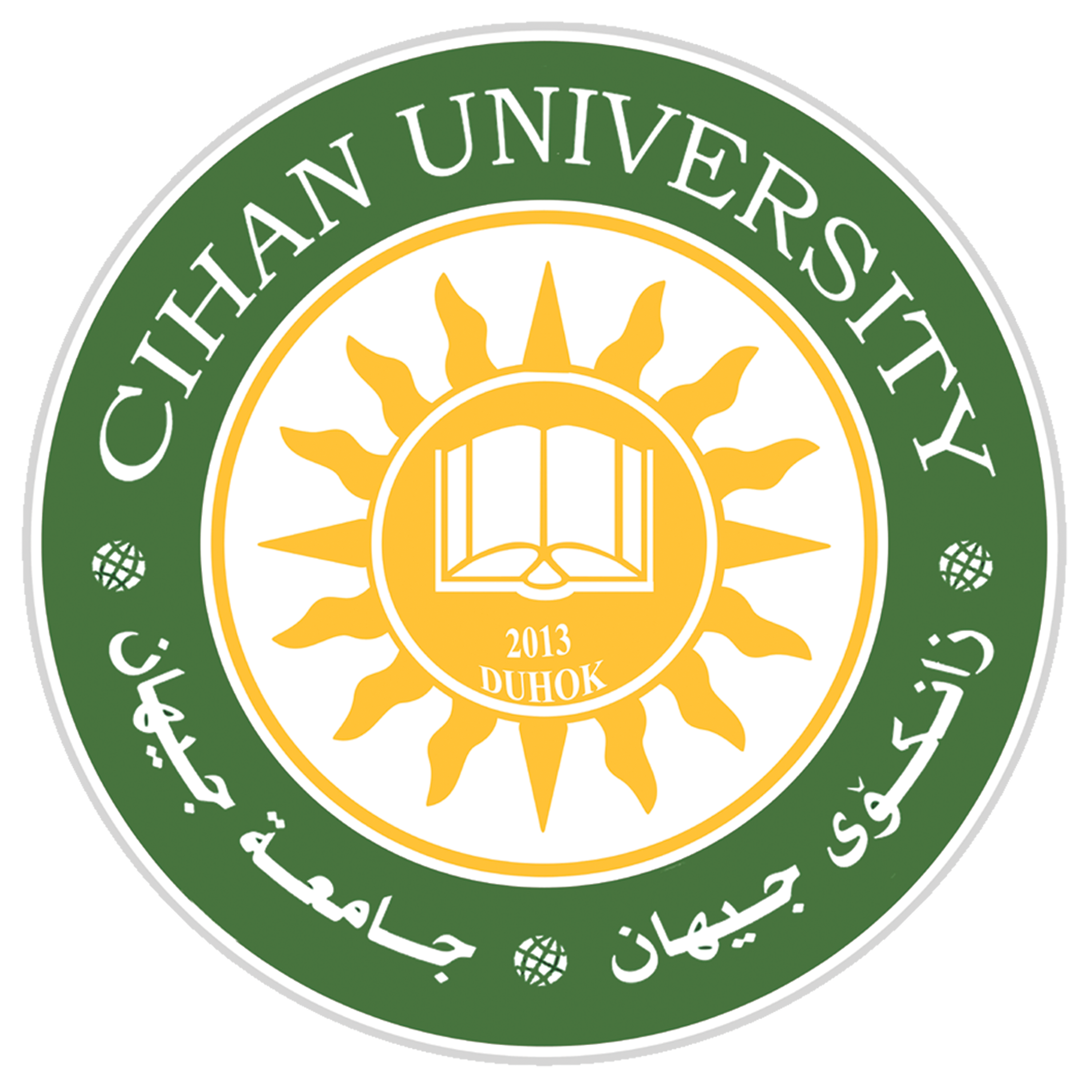- Home
- About
-
Academics
-
Departments
- Department of Banking and Financial Sciences
- Department of Business Administration
- Department of Accounting
- Department of English
- Department of Medical Laboratory
- Department of Fine Arts
- Department of Public Education
- Department of Medical Microbiology
- Department of Clinical Biochemistry
- Department of Computer Science
- Department of Anesthesia
- Department of Nursing
- Department of Pharmacy
- Department of Law
- Department of Radiology
- Centers
- Directorates
-
Departments
- Event
- Blog
- Admission
- Campus
- Staff Portal
- Moodle
- Quality Assurance
- CRC Center
- Library
- Alumni
- Student Result
- Departments
- Google Scholar
- Timetable
- Bologna Process
- Documentation
- About
-
Academics
-
Departments
- Department of Banking and Financial Sciences
- Department of Business Administration
- Department of Accounting
- Department of English
- Department of Medical Laboratory
- Department of Fine Arts
- Department of Public Education
- Department of Medical Microbiology
- Department of Clinical Biochemistry
- Department of Computer Science
- Department of Anesthesia
- Department of Nursing
- Department of Pharmacy
- Department of Law
- Department of Radiology
- Centers
- Directorates
-
Departments
-
Event
- All Events Calender
-
Upcoming events
There's No upcoming events
- Blog
- Admission
- Campus
Department of Medical Microbiology
Students in our department study the world of organisms that are too small to be seen with the naked eye. Some of these microorganisms are infectious agents to humans, animals, or plants. Many of these microorganisms, however, carry out important functions in their niches that are essential for all life on earth. Microbiologists study the interaction of microorganisms with people and how they affect our lives, as well as the roles these organisms play in the environment. Graduate students in this department can work in hospitals, universities, medical schools, government laboratories, and almost every industry, specializing in a variety of areas, from diagnostic laboratories to the space industry.
Mission
The mission of the Medical Microbiology Department of the College of Health Sciences is to provide high-quality medical microbiology education and training to undergraduate students to get skilled in the diagnosis, treatment, and prevention of infectious diseases and immunologic disorders. Department programs offer opportunities for scientific learning in modern diagnostic approaches, interpretation of laboratory results. in addition, to provide a comprehensive theoretical knowledge of medical microbiology including the spread of micro-organisms, pathogenesis, disease causation, and antimicrobial resistance .
Vision
Medical microbiology is an actively developing, competitive science. Infectious diseases are caused by a variety of microorganisms, some of which can be life-threatening to individuals and communities. Microbiology has now entered the era of technological innovation, offering rapid laboratory identification to support clinical diagnosis; hence, our vision is to be a center of excellence for interdisciplinary education and inventive research programs in microbial pathogenesis, infectious diseases, immunology, biotechnology, medical genetics, and bioinformatics to improve the field of biomedical sciences in our country.
Objectives
- To provide knowledge of the principles of Medical Bacteriology, Virology, Mycology, Parasitology and Immunology, including the nature of pathogenic microorganisms, transmission, prevention and control of diseases common in the country and around the world.
- To prepare graduates capable of describing the epidemiology of infectious agents including how infectious diseases are transmitted and can be prevented.
- Prepare competent researchers in all fields of Medical Microbiology, emphasizing on vaccine development and improvement antimicrobial agents to serve the community.
Department Contact Info
Department of Medical Microbiology
B1
+964 750 000 0000
medical.microbiology@duhokcihan.edu.krd
From 8:30am to 3:00pm

